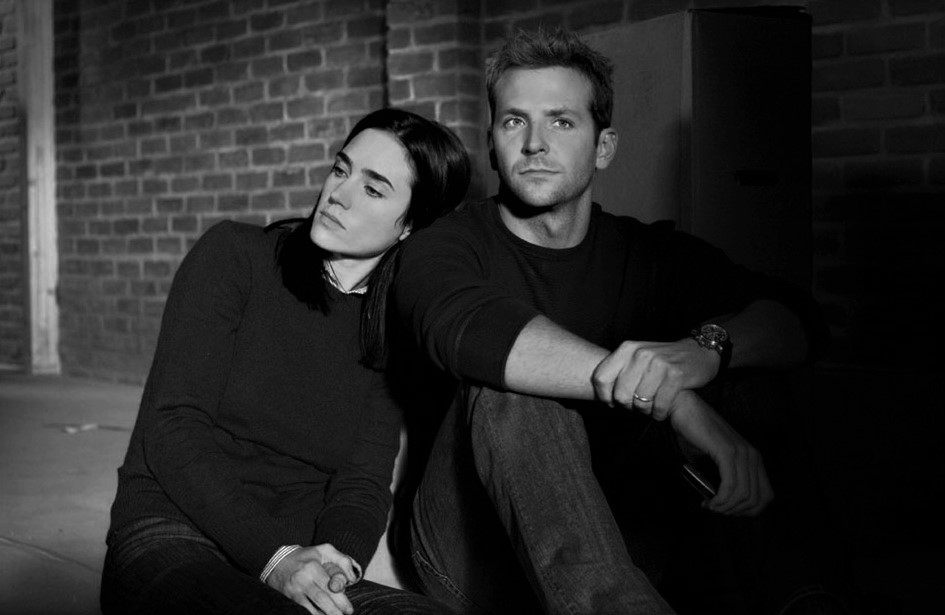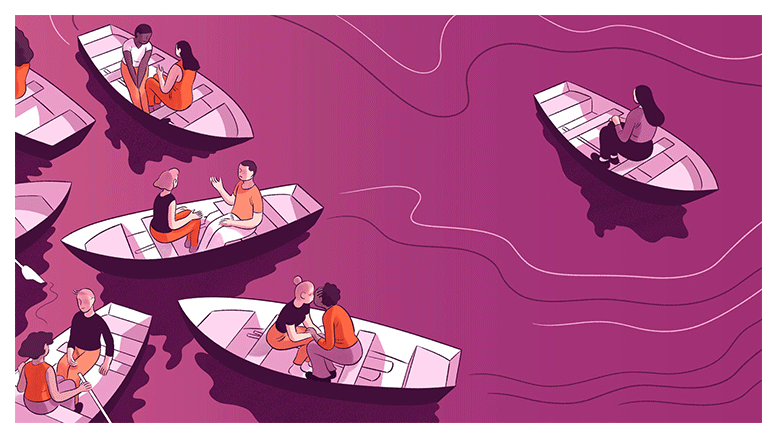Marriage vs singlehood—this age-old debate continues to divide opinions, often turning into an unspoken battleground between two lifestyles.
Society has long endorsed the belief that married people are healthier, live longer, and ultimately lead more successful lives. According to this narrative, tying the knot between the ages of 25 and 30 is the ideal path, not just for personal well-being but for financial growth and social stability.
Yet, many oppose this scripted timeline. For them, self-sufficiency and discovering their life’s purpose take precedence over rushing into a lifelong commitment with someone they aren’t entirely sure about. They value clarity over conformity.
The Never-Ending Debate
The conversation surrounding marriage vs singlehood has persisted for decades. On one hand, countless successful marriages contribute positively to families and communities. On the other hand, growing research reveals an increasing rate of unhappiness, particularly among married individuals.
Divorce and mental health challenges, including suicide, are now more widespread than ever. Globally, more people are struggling to maintain emotional stability within marriage.
Many singles believe this is because individuals enter partnerships without fully understanding their own identity. When two incomplete people come together, hoping the relationship will “fix” them, problems escalate. But to be fair, married couples often argue that enduring life’s ups and downs together helps them grow individually and as a unit.
The Mutual Pity Paradox
Interestingly, people in both camps tend to waste energy pitying the other.
Acknowledging one’s true identity, flaws and all, is uncomfortable—but essential. Emotional healing is often faster with support from family, friends, or a devoted partner. Sharing pain can be liberating. But is marriage the only source of that healing? Not necessarily.
Does Marriage Guarantee Fulfilment?
Does marriage automatically bring gratification? Is singlehood toxic—or is that just another stereotype?
There’s a deep hypocrisy embedded in societal expectations. For example, society praises partnerships for bringing financial stability, yet it often views wealthy singles with suspicion. Accusations of selfishness or excessive individualism follow them—ironically, the very traits praised in other contexts.
Could it be that singlehood is seen as threatening because it disrupts the traditional equation? The singles by choice often don’t play by society’s rules—financially or romantically. But do they owe anyone an explanation?
The Double Standards of Commitment
Marriage loses its appeal when married individuals behave like singles. Affairs, emotional detachment, or even open arrangements raise a valid question: If commitment isn’t honoured, what’s the point of the institution?
Sure, mistakes happen. Life gets messy. But wasn’t marriage meant to be a partnership through the highs and lows? And yet, society treats marriage as an achievement, regardless of how committed or honest the relationship truly is.
How can vows of exclusivity coexist with a lifestyle of infidelity? If commitment isn’t practised, is the title of “married” merely symbolic?

The Pressure to Conform
Married individuals often project their discomfort onto single friends, suggesting that singlehood is lonely or incomplete. They try to “matchmake” at parties and urge singles to settle down, often out of concern, but sometimes out of judgment.
This leads many singles to choose relationships they’re not ready for, just to avoid feeling like an outsider. Others, however, embrace the freedom to grow, learn, and live with purpose, on their terms.
Insecurity or Empathy?
Is it possible that some married couples pity singles because they couldn’t find fulfilment alone? Many criticise single people for glamorising what they label a sad or toxic life. But how is infidelity in marriage not glamorising a failed union?
Why does society normalise dysfunctional marriages but shame content singlehood?
Is It Love or Loneliness?
They say love is unconditional. It forgives. And conquers all.
But does love still live in failed marriages? Or are some people staying out of loneliness, not love?
Being single doesn’t automatically mean one is lonely. Countless married individuals feel deeply alone, proving that marriage doesn’t always create a genuine connection.
Not Everyone Is Meant for Marriage
Some say marriage is a partnership, a contract bound by societal and legal norms. This structure may not suit hopeless romantics who yearn for profound, poetic love.
Still, some couples manage to preserve love and intimacy after decades together. Pure love marriages exist. But it’s rare. And rushing into it can never be a wise solution!!
Happiness Comes First
The problem is, whether one is married or unmarried, the primary aspect of life should be to be “happy.” And your partner should solely be an “added value” to your happiness. But the constant judgments by society on marriage vs singlehood, in either case and especially for singles, continue to be challenged.

